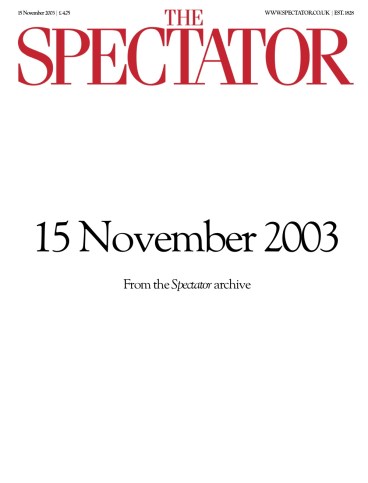Travelling far without finding home
This unusual and nostalgic novel comes from a writer whose last work, The Transit of Venus, remains as startling and effective today as it did when it was published in 1980. The Transit of Venus was an open-ended love story whose development could only be pieced together from clues dropped unobtrusively in the text and

